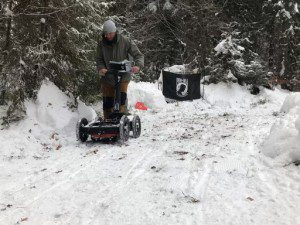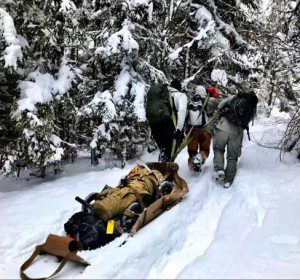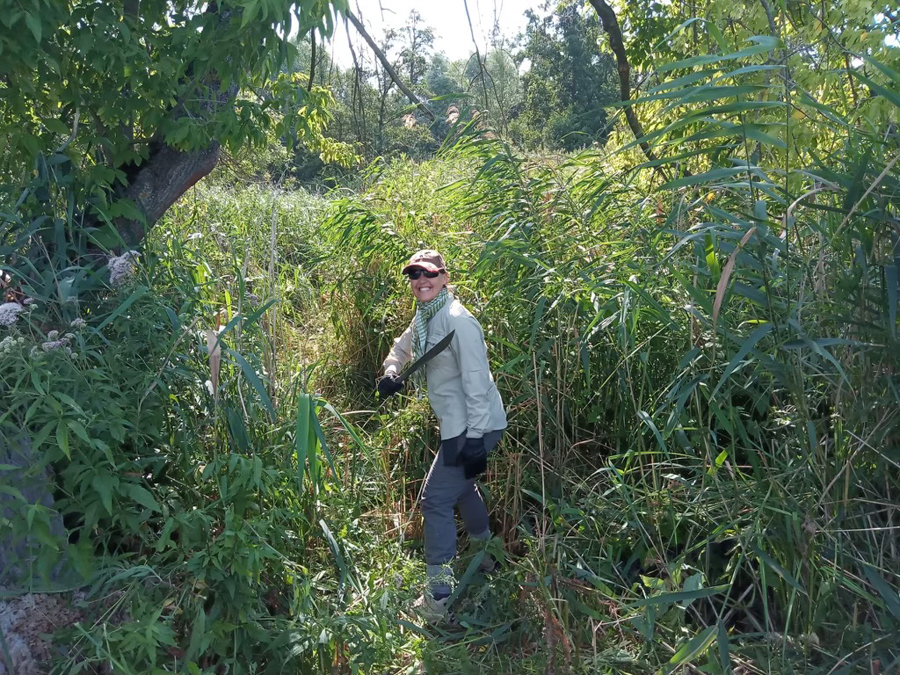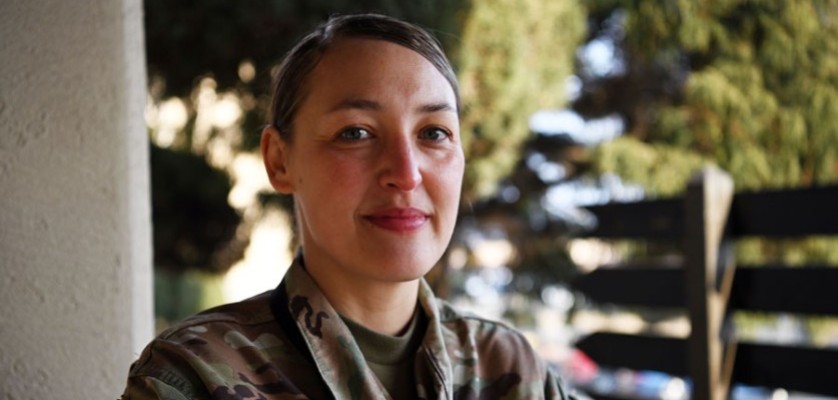During World War II, Poland lost the highest percentage of overall population and Jewish citizens compared to any other country in the world — 6 million people, including 90 percent of Polish Jews, were senselessly murdered.
This tumultuous history can still be felt today and leaves many divided and untrusting of their neighbors. Despite it all, their citizens continue to selflessly aid Defense POW/MIA Accounting Agency teams to locate and return U.S. aircraft and service members lost in the deadliest conflict in history.

Tech. Sgt. Kinga Cummings, 694th Intelligence, Surveillance and Reconnaissance Group at Osan Air Base, South Korea, a descendent of concentration camp survivors, is a frequent member of the DPAA teams visiting Poland. She immigrated to the U.S. when she was 14.
“I was excited because part of our family was already in America,” Cummings said. “It took us five years to get a visa and after the wait was over, I was happy, but it was also scary because it was a new country, new language, new culture and we left family behind in Poland. We were starting from scratch.”
Among the family already in America, were two aunts who had survived the Russian gulag — a Soviet labor camp — along with their mother. Cummings also had family members who survived German concentration camps.
She herself grew up in communist Poland and remembers the changes that ensued after the Berlin Wall came down. To show her gratitude for U.S. support throughout her and her family’s lives, she enlisted in the Air Force in 2009.
“Being a child of a family that went through WWII, it was something that I could do to give back for their freedom,” Cummings said.
A decade later, DPAA invited her to interview for a position on one of their Poland investigative teams. With a bachelor’s degree in Criminal Justice, years of intelligence work, and the ability to speak fluent Polish, there was no better fit.
COVID caused some delays in her trips, but she has been twice now in the company of EOD technicians, medics, historians, geographers, and archeologists. DPAA is still looking for 21 aircraft crash sites that could lead to 67 missing service members, as well as 29 service members who died in POW camps.
“We go around Poland investigating possible crash and burial sites by talking to witnesses that are still alive from that time or their family members,” Cummings said. “This includes priests, local farmers, doctors, professors, historians, and some monument protection officers. They are curious about us and the fact that so much time has passed, over 70 years, and we are still looking for our missing members, is fascinating to them.”

Based on the information gathered, the team has leads on 13 missing people at nine locations for which they secured dig permits. While they used metal detectors, ground penetrating radars or preform light digs to confirm anomalies in the ground, a follow-on team will come later to perform the exhumation.
Cummings is hoping this isn’t the end of the road for her partnership with DPAA – she wants to go back again to another part of Poland, but it is a bittersweet thought.
“I would love to keep going back, but I would hope that others are able to experience this as well,” she said. “It is a very humbling experience.”
Her team also makes the trip worth taking.
“I am honored to be working with such an amazing team of people,” Cumming said. “Everyone does their job and more. I always look forward to these missions because I not only get to see them in action, but I get to learn so much about what they do and the importance of their jobs.”
But she said that perhaps the most important part is knowing that if she, or any fellow service member, were to become a POW or MIA, her country would never stop looking for them.














